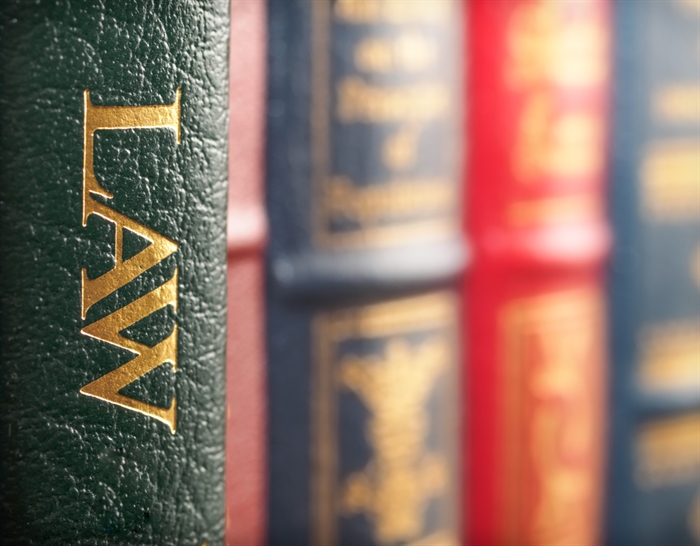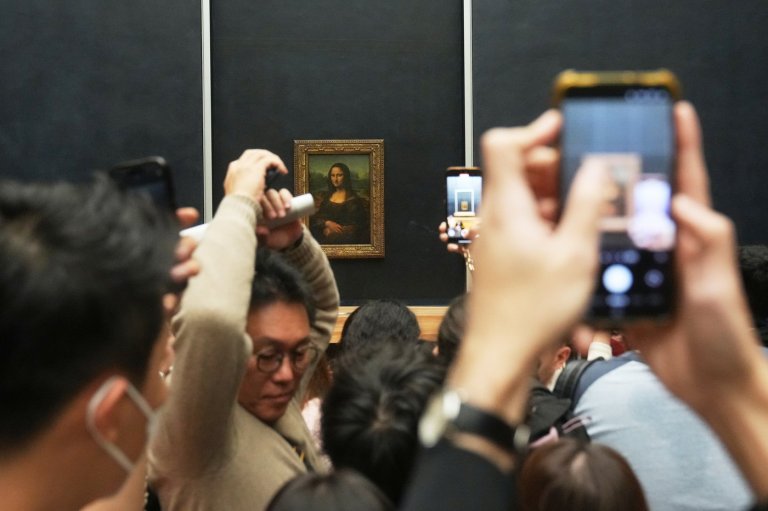Lawyer sues law society for defamation over ‘potential’ Kamloops residential school graves

A BC lawyer is taking his own law society to court over its response to his attempts to label graves at the former Kamloops Indian Residential School “potential” remains.
Victoria lawyer James Heller said the BC Law Society defamed him in its response to his effort and filed a libel claim in BC Supreme Court.
He felt “betrayal” from the body that governs BC lawyers after it issued a press release in September denouncing his motion that the wording for Indigenous cultural training be changed, according to his notice of claim.
“(Heller) has suffered and continues to suffer damages to his reputation along with distress, anxiety, stigmatization, embarrassment and fear for his well-being as a potential target of violence and/or property damage,” his claim reads.
Heller co-signed a resolution for the law society’s annual general meeting in September 2024, which called on the law society to affirm its “commitment to having factually correct material” in its training document.
It was prompted by the Indigenous training course that claimed Tk’emlups te Secwepemc discovered an unmarked burial site “containing the bodies of 215 children” at the former Indian residential school
Heller and Mark T.K. Berry’s resolution aimed to change the wording to indicate Tk’emlups discovered a “potentially unmarked burial site.”
It cited Tk’emlups’ own changed wording on the topic, referring to remains as “anomalies,” along with BC Chief Justice Leonard Marchand’s own July ruling which affirmed the court’s view that the findings are, for now, considered “potential” graves.
Before the resolution was narrowly defeated by a 53% vote by law society members, the BC First Nations Justice Council issued a statement calling the resolution racists and harmful, which was then amplified by the law society itself.
READ MORE: TRU student’s career aspirations shattered by ‘unfair’ university investigation
On Sept. 10, 2024, the law society said proposed change “highlights the need” for the course.
It went on to say it “confirms much work remains to be done to increase knowledge and understanding, continue our efforts of advancing meaningful reconciliation with Indigenous people and eliminate racism in our profession.”
Heller said suggestions the resolution constituted racism or denialism is false and defamatory.
The law society said it wouldn’t comment as the matter is before the courts and has yet to respond in court.
Heller’s claims have not been proven in court.
Despite so far not excavating the site, Tk’emlups has continued its work on the matter as it researches what’s suspected to be around 200 graves of former students who attended the school system deemed “cultural genocide” by the Truth and Reconciliation Commission.
Join the Conversation!
Want to share your thoughts, add context, or connect with others in your community?
You must be logged in to post a comment.


















